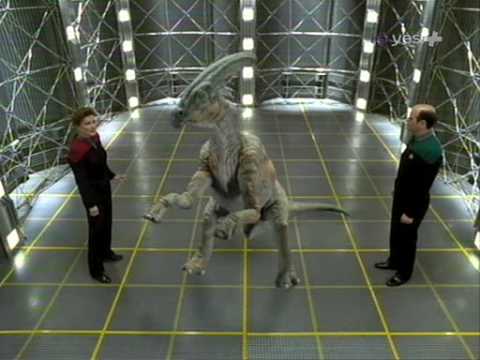Consider a 200 pound man, here on Earth. If he were to set foot on a planet X with 2X the gravity, he would weigh 400 pounds. Consider the endurance, momentum and other physical factors on this man, having to lug around 400 pounds! Conversely, if he were to step on a planet Y with 1/2 the gravity, he would weigh 100 pounds. For life to form on either of those two planets, further evolving into some sort of intelligent life form, it is likely the reverse of many of the comments would need to be true. Additionally, we need to stop thinking of those alien life forms as humans or on human terms. On planet X, this individual may very well need to be smaller and lighter than humans, yet with a greater ratio to muscle mass. On planet Y, far less muscle mass would be needed and this individual would likely be much taller, as gravitational forces would not place as much strain on his or her skeletal structure. This may answer some of the basic physical characteristics, with regards to overall size, but a plethora of other factors would need to be considered.
What is the atmosphere like on the planet? This will affect how they breathe or even derive energy.
What chemicals make up that atmosphere? Heavy oxygen? Heavy CO2? Limited nitrogen? All these can contribute to what types of early life forms are given the extra advantage to develop further.
How bright is the midday sky? This will affect their vision and the shape and size of their eyes.
How long are the days? This can have a great affect on their routines and adaptations to such cyclical internal mechanisms. Consider humans an melatonin, the enzyme responsible for our sleep cycles, as just one example.
How long is the year? This may or may not be as relevant, based on the inclination of the planet. But if seasons are pertinent to agriculture, this could have a positive or negative effect, as we know it. As a result, the greater the variance, the greater the adaptivity, in the evolution of the alien species.
How hot or cold are the average temperatures? This would result in more or less average body fats, amount of hair or some sort of protective dermal layers. It would also have an affect on overall size and mass of extremities, as well.
What is the ratio of land versus water? Again, we are talking adaptation to environment. Low water resources would equate to a decreased need for water. Low land resources could equate to a greater adaption for amphibious or aquatic living.
What was the progenitor of the species? In humans, the great apes and humans shared a common ancestor. It is very possible, their life forms may have evolved from some form of plant-life.
In order to give a fairly detailed description of some form of alien life, all of these questions - and many more - would need to be answered. The most difficult of all these question would definitely be the last question. Sure, we, here on Earth, may be able to determine: average temperatures, day/night cycles, length of a year, inclination of the planet, degree of brightness, atmospheric properties, mass of the planet, gravitational force, percentage of land to water, etc... But... until we can answer, "What was the progenitor of the species?" the best we can do is take a wild guess!
{Ph.D. Astrobiology, Cambridge}

